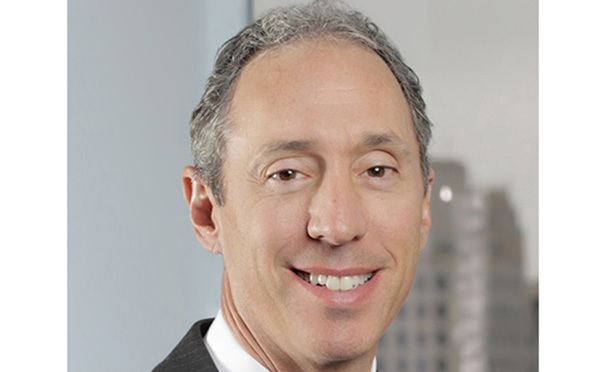We live in the age of instant communication. But the long-standing rule under the federal securities laws is that “[s]ilence, absent a duty to disclose, is not misleading.” Basic v. Levinson, 485 U.S. 224, 239 n.17 (1988). Item 303 of SEC Regulation S-K requires that public companies disclose “any known trends and uncertainties” that have or will have a material impact on the business in public filings. There is no doubt that a violation of Item 303 can give rise to liability under the Securities Act of 1933, which allows civil lawsuits when a registration statement filed in connection with a public offering “omit[s] to state a material fact required to be stated therein.” What is less clear, however, is whether a violation of Item 303 can give rise to liability under §10(b) of the Securities and Exchange Act of 1934, which, pursuant to Rule 10b-5, makes it unlawful to “make any untrue statement of a material fact” or to “omit to state a material fact necessary in order to make the statements made … not misleading” in connection with the purchase or sale of securities. The U.S. Supreme Court will decide the issue when it reviews a ruling from the Court of Appeals for the Second Circuit in Leidos v. Indiana Public Retirement System, holding that Item 303 creates a duty to disclose that can subject companies to civil liabilities for securities fraud under §10(b). A ruling by the high court, expected to come in the October 2017 term, could significantly impact the scope of potential liability for nondisclosures under §10(b) and change the disclosure practices of public companies.
Section 10(b) and Item 303
Section 10(b) of the Securities Exchange Act of 1934, through its implementing regulation, Rule 10b-5, makes it unlawful for any person to “make any untrue statement of a material fact” or to “omit to state a material fact necessary in order to make the statements made … not misleading” in connection with the purchase or sale of securities. 17 C.F.R. §240.10b-5. Neither §10(b) nor Rule 10b-5 expressly contemplate liability for omissions where no statement has been made at all—that is, when the speaker in question has remained silent on a particular subject. Thus, the Supreme Court had long held that “[s]ilence, absent a duty to disclose, is not misleading” and therefore does not give rise to liability under §10(b). Basic, 485 U.S. at 239 n. 17. As the Supreme Court has recognized, this allows public companies to “control what they have to disclose” under §10(b) “by controlling what they say to the market.” Matrixx Initiatives v. Siracusano, 563 U.S. 27, 45 (2011).



